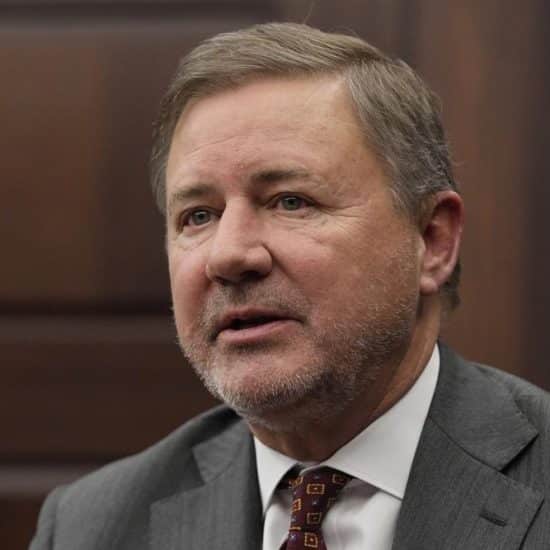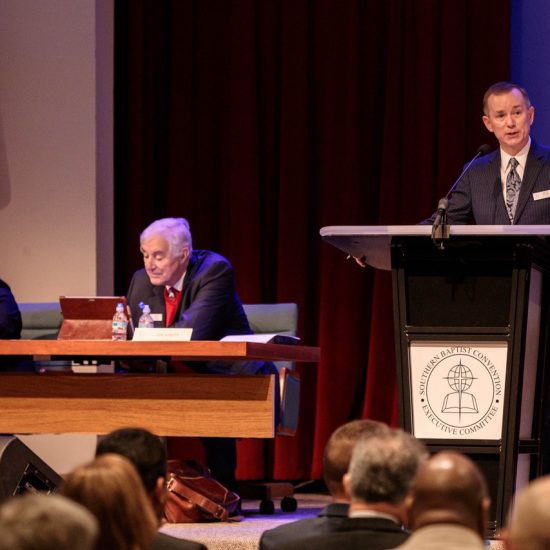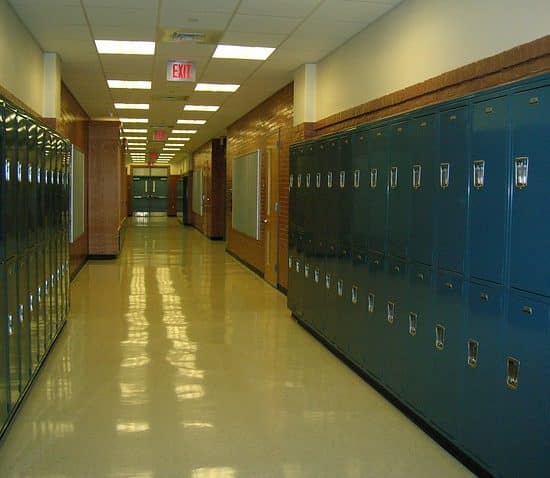The bad news for parents of school-age children: There is an infinite number of things you can do wrong in the pursuit of educating your child. The good news: There is an equal number of things you can do right in that pursuit.

Bill Webb
|
I am not an educator, but I am closely related to longtime educators. As a father of former students and now as a grandfather of an elementary school student, I have a lot of years of observing under my belt. With the help of my wife, I did some things well. But I've had to learn from mistakes, too.
A few thoughts about the role of parents come to mind as the new school year gets underway. Most are particularly applicable for K-12 parents of children in both public and parochial school settings. They presume that the vast majority of parents reading the following are believers.
Set aside pre-conceived notions about particular teachers (and administrators). Pre-conceived notions about the teacher — particularly negative ones — help parents and students expect and brace for the worst. The same could be said for students (and parents) who bring negative reputations from the previous school year (or years). Give the teacher the benefit of a fresh start in a new year and perhaps request the same for your child and you. Start with mutual respect to anticipate and help influence a good school year.
Get involved as a parent and become part of the solution to challenges affecting schools. The most highly regarded public schools and private schools have a high level of involvement by parents, volunteers and organizations. Parents participate in events to help them get acquainted with teachers and other staff members; they understand what will be expected of their children during the year; they reinforce school expectations with their children; and they help make the classroom and the school safer and more effective.
The teachers I have known spend hundreds of dollars a year out of their own pockets to provide teaching aids and supplies needed for effective learning because resources at their schools are limited. I have observed more and more churches collecting supplies for needy children and for classrooms. Schools and educators are grateful.
Open the lines of communication wide at the beginning and keep them open. No two children are alike. This has presented a perpetual challenge for educators throughout the history of schools. And Sally is a different person than her older brother Billy from last year.
Another issue: Children in school are similar to adults in the workplace. They may be facing significant issues at home that may result in otherwise inexplicable behavior at school or at work. Without prejudicing the teacher or school against your child, give educators a heads-up on pertinent information that will help them better understand and help your child. It is the responsibility of both educators and parents to facilitate understanding.
As a parent, model mature adult behavior as you relate to the school and its staff. It is appropriate for a parent to stand up for a child being treated unfairly. But rude conduct under the guise of caring about a child is something else. Sometimes parents who otherwise appear to be successful or reasonable become so defensive about an issue involving their child that they literally become belligerent with school officials. Disrespectful parents embarrass their own children and risk losing the respect of their own offspring.
For God's sake, pray. Everyone has a vested interest in the effective education of children. Both Christian and public schools have the potential to do it well (and the potential to do it not very well). Pray for everyone involved — starting and ending with the children. In education, their success should be everyone's goal.
Bill Webb is editor of Word&Way.






